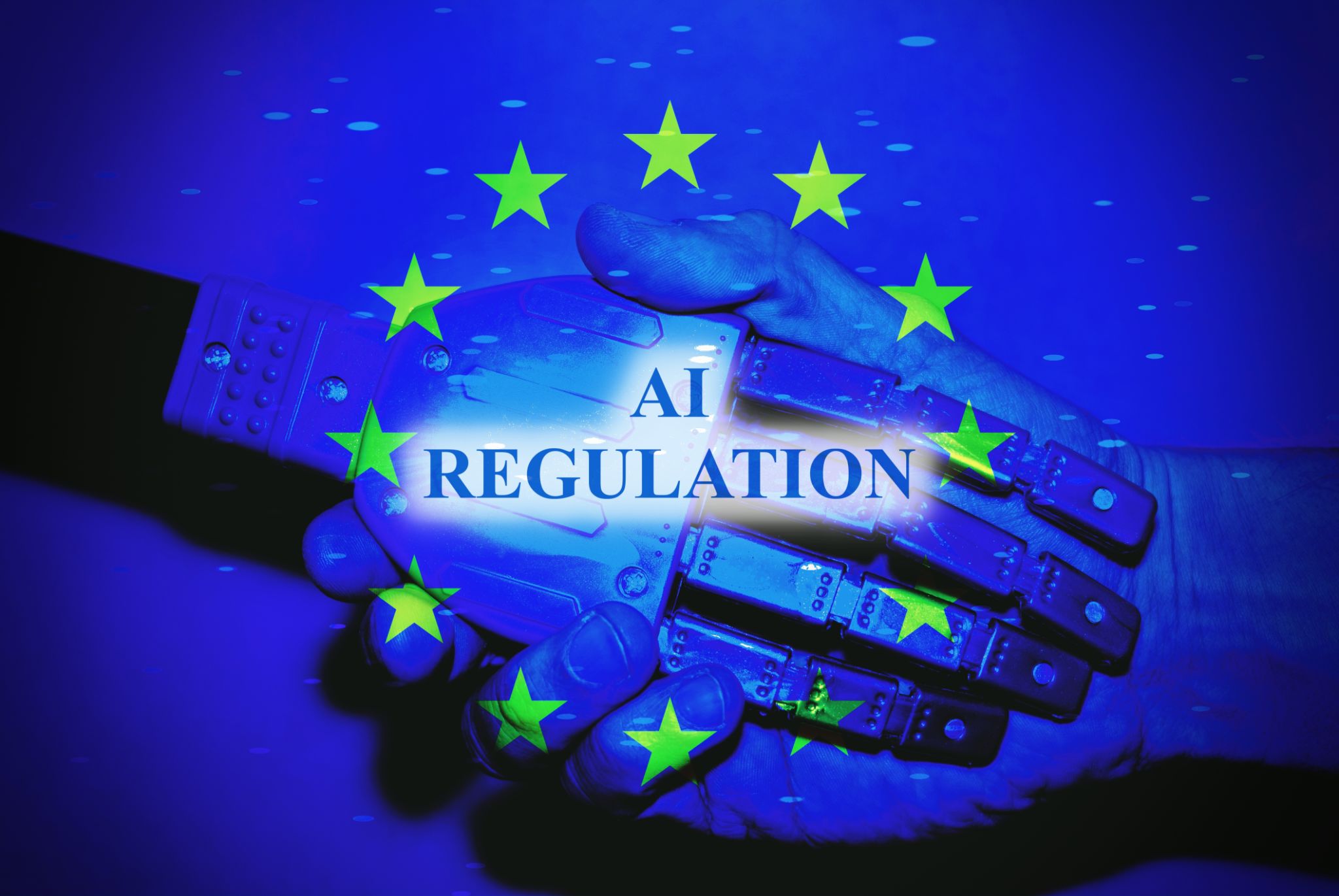AI Ethics: Navigating Challenges and Opportunities in Italy
Understanding AI Ethics in Italy
As artificial intelligence (AI) continues to advance, the ethical considerations surrounding its development and deployment become increasingly important. In Italy, these ethical challenges and opportunities are being closely examined by policymakers, researchers, and industry leaders. The country is striving to strike a balance between innovation and ethical responsibility, ensuring that AI technologies benefit society as a whole.
AI ethics encompasses a wide range of issues, from data privacy and security to algorithmic bias and transparency. In Italy, these topics are being addressed through a combination of regulatory frameworks, industry guidelines, and public discourse. The aim is to create a robust ethical framework that can guide the responsible use of AI technologies.

Challenges in Implementing AI Ethics
One of the primary challenges in implementing AI ethics in Italy is ensuring data privacy and protection. With the increasing reliance on data-driven technologies, safeguarding personal information has become a critical concern. The General Data Protection Regulation (GDPR) provides a strong legal framework, but continuous vigilance is required to prevent data misuse.
Another significant challenge is addressing algorithmic bias. AI systems can inadvertently perpetuate existing biases in society if they are trained on biased data sets. This can lead to unfair outcomes in various sectors, including healthcare, finance, and law enforcement. Italian researchers are working on developing methods to detect and mitigate such biases to ensure equitable AI applications.

The Role of Transparency
Transparency in AI systems is crucial for building trust among users. In Italy, there is a growing demand for algorithms to be explainable and understandable. This means that AI developers need to provide clear insights into how their systems make decisions. Transparent AI systems enable users to understand the reasoning behind decisions and ensure accountability.
Moreover, fostering transparency can help in identifying potential ethical issues early in the development process. By making AI systems more open, developers can collaborate with ethicists, legal experts, and stakeholders to address ethical concerns proactively.

Opportunities for Ethical AI Development
Italy is well-positioned to become a leader in ethical AI development due to its strong academic and research institutions. Collaborations between universities, research centers, and industry players are fostering innovation while keeping ethics at the forefront. These partnerships are essential for developing AI solutions that prioritize human welfare and societal benefit.
Furthermore, Italy's cultural emphasis on humanistic values provides a unique perspective on AI ethics. By integrating these values into AI design and implementation, Italian innovators can create technologies that enhance human capabilities while respecting individual rights and dignity.
Policy Initiatives and Collaboration
The Italian government is actively working to establish policies that promote ethical AI development. Initiatives such as the National Strategy for Artificial Intelligence aim to guide the responsible growth of AI technologies across various sectors. These policies are designed to support innovation while safeguarding ethical standards.
Collaboration is key to addressing the complexities of AI ethics. By engaging with international organizations, Italian stakeholders can exchange ideas and best practices with global counterparts. This collaborative approach ensures that Italy remains at the forefront of ethical AI advancements.

In conclusion, navigating the challenges and opportunities of AI ethics in Italy requires a multifaceted approach that involves regulatory frameworks, industry standards, and public engagement. By prioritizing transparency, data protection, and bias mitigation, Italy can harness the potential of AI technologies while safeguarding ethical principles. As the country continues to explore new avenues for ethical AI development, it sets an example for others in creating a responsible technological future.
